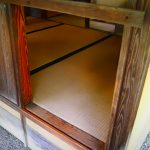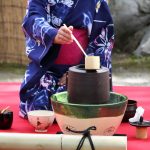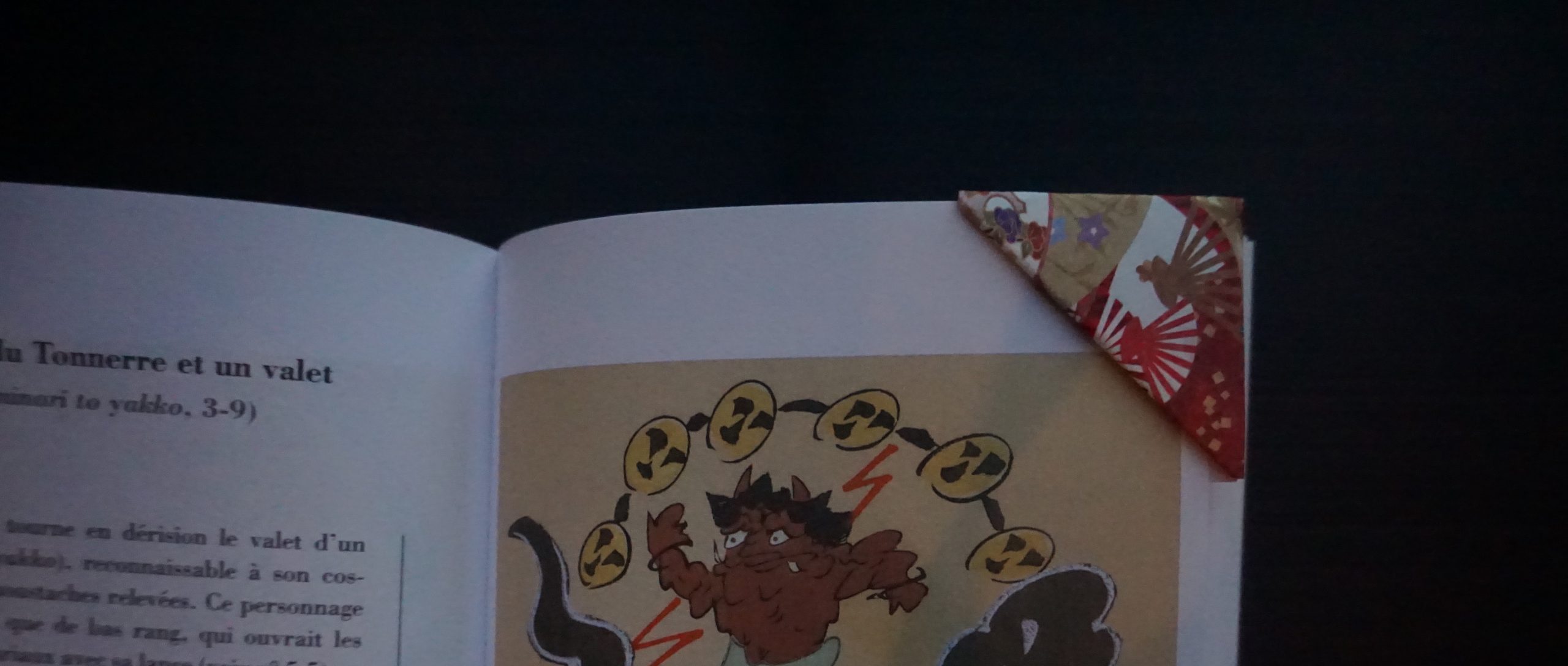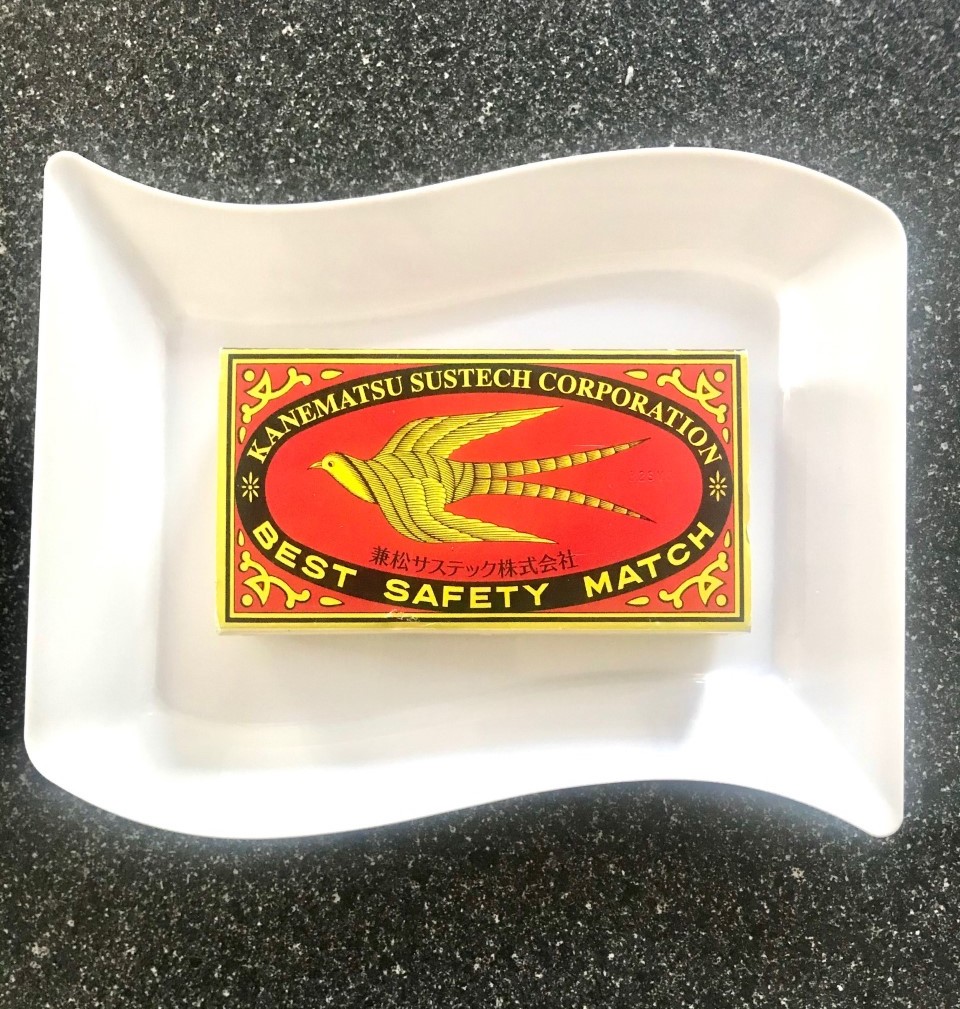和訳は英文の後にございます。/ The Japanese translation is below the English text.
Contents 1. An Inquiry 2. “Ichi-go ichi-e” 3. The modern interpretation
“Ichi-go Ichi-e” / 一期一会
1. An Inquiry
Someone asked me for a suggestion for a nice Japanese word. He is studying calligraphy, and wanted to write a nice word in calligraphy for his teacher’s birthday.
I said,
“How about ‘ichi-go ichi-e’”?
He didn’t know the word, and the following is what I explained to him.
2. “Ichi-go ichi-e”
“Ichi-go ichi-e (commonly written 一期一会)” looks like a Chinese word but it is attributed to a Japanese man called Sen no Rikyuu from the 16th Century.
Rikyuu refined and completed the Way of Tea and was a revered master of tea (the Japanese Tea Ceremony). His pupils included such powerful lords as Oda Nobunaga and Toyotomi Hideoshi.
One of his pupils wrote as his words that we should be respectful to the host, humble ourselves, and be mindful, from the moment we enter through leaving, as if we would meet the host for the last time in our life.
“Ichi-go ichi-e” is extracted from this passage as its essence. Literally it means one meeting in a lifetime. “Ichi” (一) means one, “go” (期) in this context lifetime. “E” (会) means meeting, so “ichi-e” means one meeting.

Even today, people who practice tea hold this word as their motto, and at a tea party, try to put in all their heart and spend the time seriously with the host as if it were going to be the last time.
3. The modern interpretation
The Japanese Tea Ceremony is a respected hobby, and in the 20th Century, some even considered it as an important skill for a girl to be a well-educated, desirable wife.
As for me, I have never lived in the formal Tea Ceremony world. My mother tried to teach me, but in vain; I may know how to deal with a cup and chopsticks, and to appreciate the art and the flower arrangement in the room, but that is it.
Still, “ichi-go ichi-e” is one of my favorite idioms. It is the same for many people who don’t practice tea.
The reason is now we interpret “ichi-go ichi-e” more broadly, as follows:
“Treat the person you are facing right now with all your heart and sincerity, as if this were your last meeting”. The person can be your guest, host, family, friend, lover, customer or even a stranger on the street who asks you directions.
Some interpret it as: “Concentrate on the activity you are currently engaged in as if it were the only opportunity in your life”.
One good example is your class.
Yours may be a weekly class of 12 weeks. After three or four lessons, you might feel tired of repeated practice week after week, but if you put in all your heart each time, one day you can be as good as anything.
[End of the English post]
「一期一会」
目次 1.問い合わせ 2.「一期一会」 3.新しい解釈
1.問い合わせ
ある人が、日本語で良い言葉はないかと聞いてきました。彼は書道を習っているのですが、書道の先生のお誕生日に、良い言葉を書いて差し上げたいそうなのです。
それで、「一期一会」はどうかと訊きました。
知らないというので、次のように説明してみました。
2.「一期一会」
「一期一会」は、中国語のように見えますが、16世紀の千利休という日本の茶道家の言葉とされています。
利休はわび茶の完成者として尊敬を集め、お弟子には織田信長や豊臣秀吉など、大大名も名を連ねていました。
「一期一会」は、弟子の書き留めた利休の言葉「路地ヘ入ルヨリ出ヅルマデ、一期ニ一度ノ会ノヤウニ、亭主ヲ敬ヒ畏ベシ」から来ています。ここでは、「一期」とは一生のこと。
すなわち、「一期一会」は、これが生涯にただ一度の茶会であるかのように心を込めて真剣に臨みなさい、ということです。
今日でも、お茶をたしなむ人は、この言葉を座右の銘としています。
3.新しい解釈
日本の茶道は趣味として尊重されています。20世紀には、妻となる若い女性に望まれる教養のひとつとみなす人もいました。
一方、私は、ちゃんとした茶道の世界にいたことはありません。母は教えてくれようとしましたが、ものにならなかったのです。茶碗や箸の扱い、茶室の掛け軸や生け花の鑑賞などがせいぜいです。
それでも、「一期一会」は、お茶をたしなまない多くの人と同じく私の好きな言葉の一つです。
それは、私たちが今日「一期一会」をもっと広く解釈しているからです。すなわち、
「今目の前にいる人に、これが人生最後の機会であるかのように心を込めて対しなさい。」その人が、お客であっても、もてなし役であっても、家族、友人、恋人、顧客、あるいはあなたに道を尋ねた見知らぬ人であっても同じことです。
また、「今取り組んでいることに、これが生涯ただ一度のチャンスであるごとくに集中しなさい」という解釈もあります。
例えば、あなたのクラスを考えてみましょう。
それが週一回、12週間のクラスだとします。三、四回授業を受けると、毎週同じ練習の繰り返しに飽きてくるかもしれません。でも、毎回全身全霊を込めて取り組めば、いつか必ず素晴らしい成果が上げられる、ということです。





